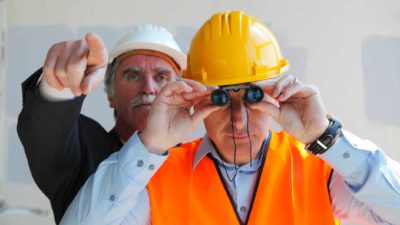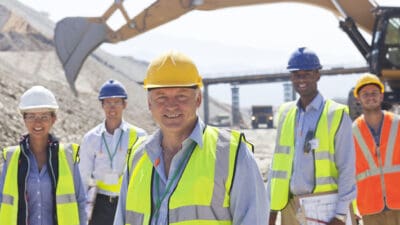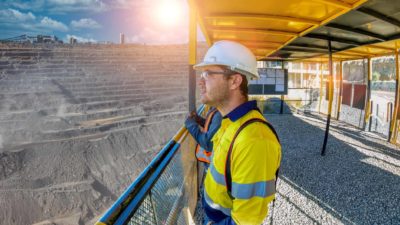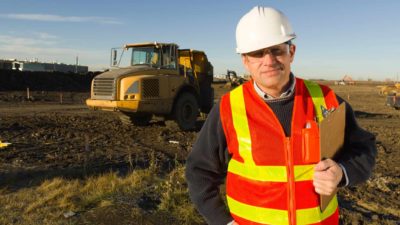The BHP Group Ltd (ASX: BHP) share price is down almost 2% on the day that shareholders are being urged to reject the resource giant's climate action plan.
Glass Lewis is a large proxy adviser. It aims to help institutional investors and publicly listed companies to make sustainable decisions based on research and data. It covers more than 30,000 meetings each year, across approximately 100 global markets.
BHP is currently under the microscope according to reporting by the Australian Financial Review.
What is BHP's climate change plan?
A couple of weeks ago, the resources business announced its climate transition action plan.
BHP acknowledged that the world faces a critical challenge to respond effectively to the risks of climate change, and that the business world needs to play its role. BHP said it must play its part.
It has a plan to reduce its greenhouse gas emissions to net zero within its operations by 2050 and to work with customers and suppliers to support their own emissions reductions. BHP has an ambition of reaching net zero in its value chain.
The company currently has a target reducing its operational emissions by FY30 by at least 30% compared to FY20.
BHP says its portfolio is already well positioned to support the transition to a lower carbon world aligned with the Paris Agreement goals, while also creating value for shareholders and broader stakeholders.
It points out that its steelmaking materials (iron ore and metallurgical coal) and future facing commodities (including copper, nickel and potash) can provide the building blocks for renewable energy and other decarbonisation infrastructure.
Scope 1 emissions are from sources that are owned or controlled by BHP, such as emissions from materials haulage. Scope 2 emissions predominately relate to the generation of purchased electricity used by operations. The Scope 3 emissions includes all other emissions outside of BHP's operated assets, resulting from the activities of suppliers, logistics, customers and so on. Scope 3 emissions account for 96% of BHP's total reported emissions. The most significant of the Scope 3 emissions comes from steelmaking.
As part of its plan, BHP announced an enhanced Scope 3 position. It said it's pursuing the long-term goal of net zero Scope 3 greenhouse gas emissions by 2050.
Within that, it's targeting net zero for the operational emissions of its direct suppliers and the emissions from maritime transport of its products.
However, BHP said it couldn't set a target for its customers processing its products, but it will continue to partner with them to accelerate the transition towards carbon neutral steelmaking.
Why doesn't Glass Lewis like the plan?
The proxy adviser, according to the AFR, said that external assessments of BHP's climate goals "showed they were not aligned with the goals of the 2015 Paris Climate Accord" which aims to keep global temperature rises below 2C.
It was also reported that Glass Lewis said the Scope 3 goals were somewhat limited and BHP should give more details about its plans, stating:
We believe that more specificity, particularly with regard to its goal regarding steelmaking (which comprises approximately three-fourths of its Scope 3 emissions) could allow shareholders a better understanding of how the company intends to address this issue.
BHP shareholders will get an opportunity in the coming weeks to vote on this, though the vote will reportedly not be binding.









